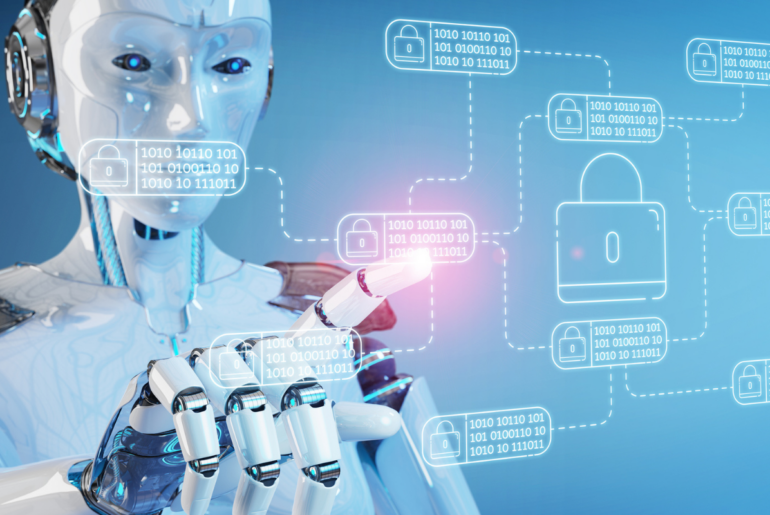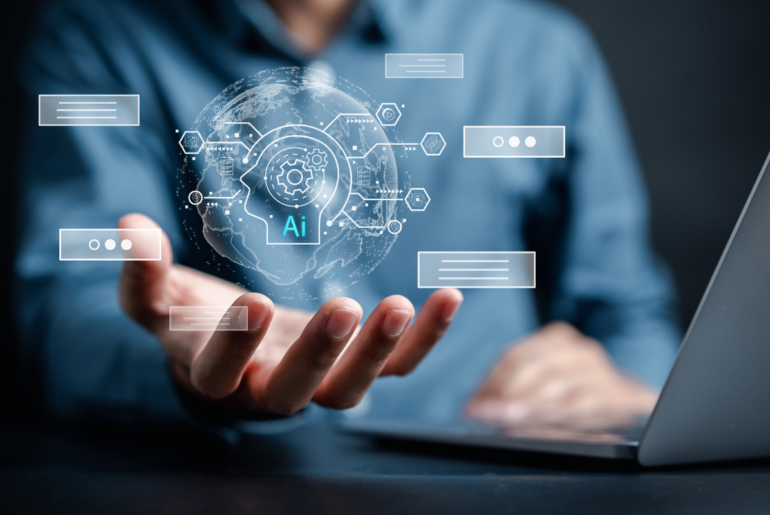Generative AI has taken the technology world by storm. But is your company thinking about the potential data and security risks?
It’s practically impossible to avoid the buzz about the latest artificial intelligence (AI) tool, ChatGPT. Since its launch in 2022,…
Artificial intelligence technologies are diverse – and complex. Explore IDC’s advice around customizing your AI infrastructure stack with Sriram Subramanian.
We’ve discussed the need
to redefine enterprise intelligence and what the future of intelligence
will look like for technology and business leaders, and we know that
organizations are paying attention. In fact, enterprises spent $200 billion on
data, analytics, and AI software, hardware, and services last year. That
doesn’t even include the investment in external data and internal labor costs
to further fuel intelligence initiatives.
Government leaders recognize that modernizing the workforce and implementing strategies that empower workers are critical components in transforming the government. Strategic workforce management includes strengthening leadership of human capital systems, developing better human resources processes and capabilities, and enhancing the workforce culture.
What comes to mind when you think of intelligence within your organization? Is it having access to the latest information on key metrics, such as revenue, costs, and profit? Is it a broader view of ‘all information’ you need to make a decision?
Artificial intelligence (AI) is poised to transform the way that marketing professionals work, and how organizations target, engage and connect with customers and prospects. Just like how marketing automation created new tasks and job functions, AI will revolutionize the way marketing is performed – and dictate a new set of job needs and skills.
We’ve discussed how the term artificial intelligence (AI) covers a wide array of applications; just like many of these functionalities, affective computing is beginning to see some growth in the market. Spanning across computer science, behavioral psychology, and cognitive science, affective computing uses hardware and software to identify human feelings, behaviors, and cognitive states through the detection and analysis of facial, body language, biometric, verbal and/or vocal signals.
Artificial intelligence (AI) adoption is at a tipping point, as more and more organizations develop their AI strategies for implementing the revolutionary technology within their organizations. However, there are still major challenges to AI adoption; in fact, cost of the solution and lack of skilled resources are cited as the top inhibitors of adopting AI.








